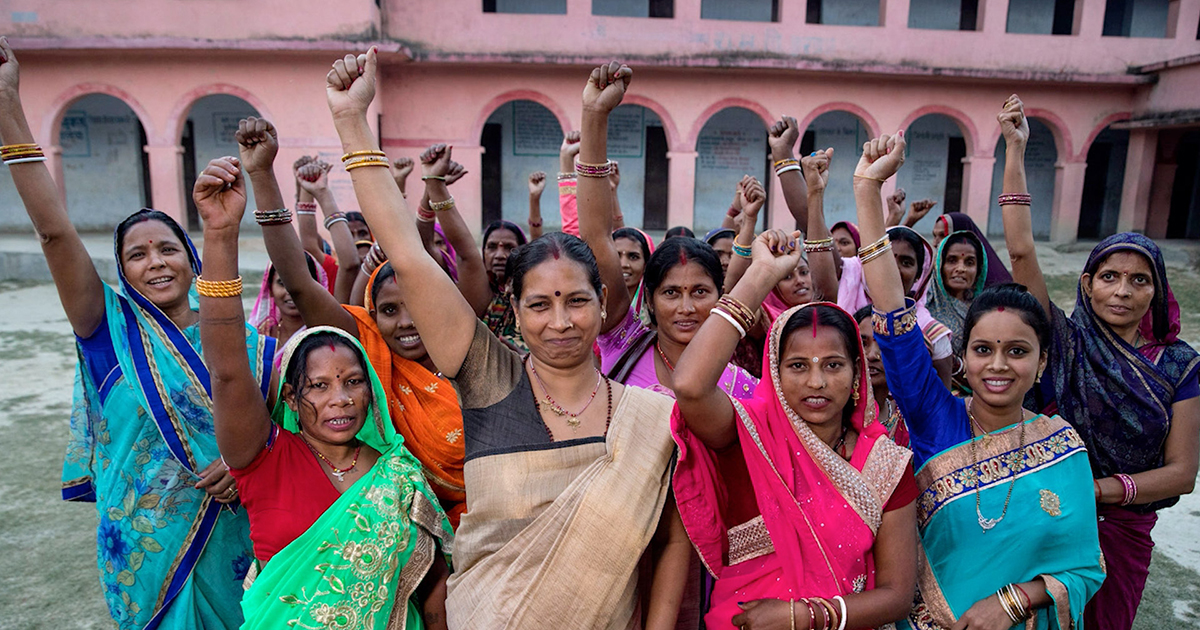For more than two decades, the John D. and Catherine T. MacArthur Foundation supported evidence-based programs in India that promote reproductive health and rights. As the foundation phased out its grantmaking related to population and reproductive health, it partnered with Mathematica to conduct a cumulative review of its efforts to improve maternal health in India.
The foundation’s maternal health quality of care strategy in India sought to improve the trajectory of health for women, children, and their families. Although the country had already made considerable progress in expanding access to maternal health services and, in the process, driving down the national maternal mortality ratio, the foundation and its grantees sought to improve the quality of these services, which is seen as a contributing factor in the pregnancy-related deaths that still occur today.
Because the Mathematica report was published in late February, it summarizes the state of maternal health in India up to, but not including, the COVID-19 pandemic. On this episode of On the Evidence, six guests discuss insights from the report and provide perspectives on how the pandemic has changed the supply and demand for maternal health services. The following guests appear in the episode:
- Dipa Nag Chowdhury, who served as the deputy director of the MacArthur Foundation’s India office
- So O’Neil, a Mathematica senior researcher and the lead author of the cumulative review of the MacArthur Foundation’s efforts to improve the quality of maternal health care in India
- Sharad Iyengar, a pediatrician and the chief executive of Action Research & Training for Health
- Renu Khanna, a co-founder of the SAHAJ-Society for Health Alternatives
- Vinoj Manning, chief executive officer at the Ipas Development Foundation
- Aparajita Gogoi, executive director of the Centre for Catalyzing Change
Listen below for the full episode.
As bonus content, On the Evidence is sharing lightly edited interviews with Gogoi, Iyengar, Khanna, and Manning. Each of them has their own take on the history of India’s progress in maternal health care, how the pandemic has affected services, and where the country needs to go next to improve access to quality care.
Aparajita Gogoi discusses the role of advocacy in improving the quality of maternal health care in India, and what the pandemic has meant for those efforts.
Sharad Iyengar discusses weaknesses in India’s health system that the pandemic revealed, and what can be done about them.
Renu Khanna discusses the need to strengthen local health systems after COVID-19.
Vinoj Manning discusses changing demand patterns for maternal health services during and after the pandemic.
Want to hear more episodes of On the Evidence? Visit our podcast landing page or subscribe for future episodes on Apple Podcasts or SoundCloud.
Show notes
Find Mathematica’s cumulative review of the MacArthur Foundation’s maternal quality of care strategy in India here.
Learn more about the MacArthur’s Foundation grantmaking legacy in population and reproductive health in this short video.



